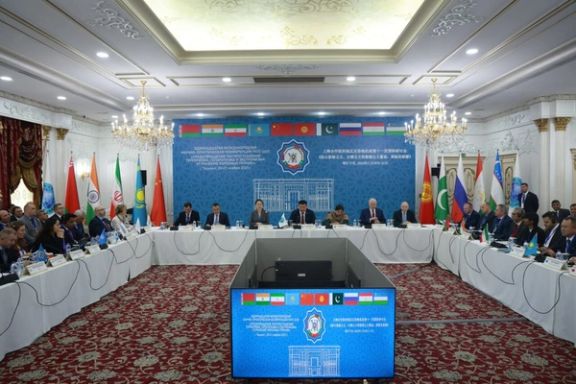In an interview with Geo News, he claimed that “95 percent” of Afghans are tired of the Taliban and reject their system of government.
Criticising the Taliban’s response to the recent earthquake in eastern Afghanistan, Hussain said women were left calling for help while the authorities prevented others from assisting them. He alleged that Taliban members prioritised saving livestock over helping victims, saying this reflected “a medieval government in the 21st century.”
Hussain also commented on what he described as a shift in Pakistan’s military and security establishment, saying that for the first time in four decades, institutions had moved away from an ideological approach to Afghanistan. He said the conflict was no longer framed as a religious struggle but understood simply as a contest for power.
He argued that the Taliban have no real connection with the Afghan population, describing the group as “installed by the United States.” He claimed that when former ISI chief Faiz Hameed travelled to Kabul in 2021 and was given significant influence, Pakistan “became a viceroy implementing the policies of others.”
Hussain said Afghanistan’s current crisis dates back half a century to the overthrow of King Mohammad Zahir Shah. He argued that Zahir Shah had been the “axis of stability” in the country and said the Bonn Conference’s failure to restore him to power was a major historical mistake.
He further criticised Pakistan’s security institutions, saying they were paying the price for the miscalculations of former military leaders, particularly General Qamar Javed Bajwa and Faiz Hameed. Hussain said those leaders assumed the Afghan Taliban would cooperate on the issue of Tehreek-e-Taliban Pakistan, even though “there is no difference between the Afghan Taliban and TTP; they are the same movement.”
Referring to Hameed’s widely circulated photo at Kabul’s Serena Hotel, Hussain said Pakistan was perceived as having installed the Taliban regime, although he argued that “it was the Americans who brought them to power.”
Hussain concluded that even if the Taliban were replaced, Pakistan had no guarantee the next government would be friendly. He said the best policy for Pakistan was to “leave Afghanistan alone” and stop attempting to shape its political leadership.

